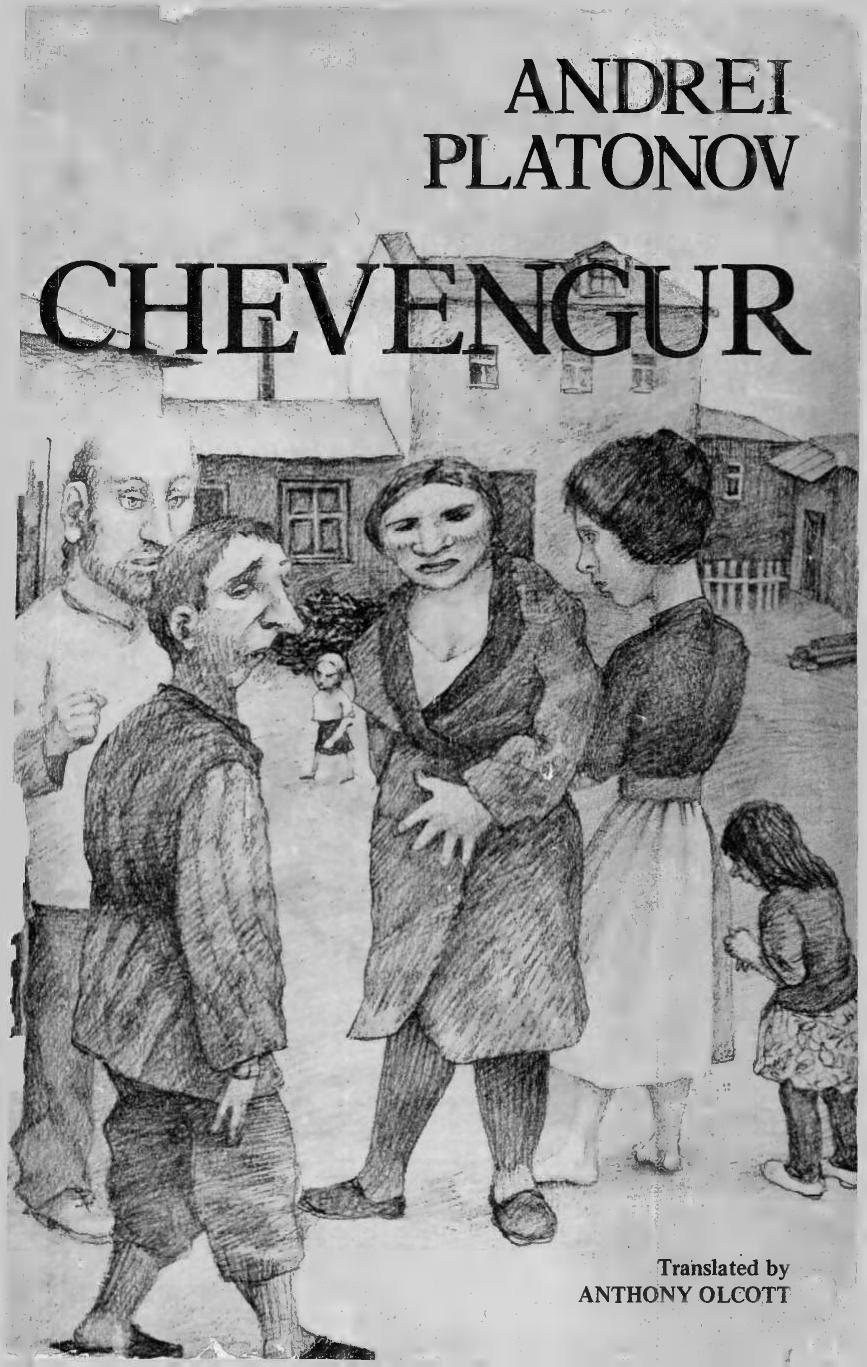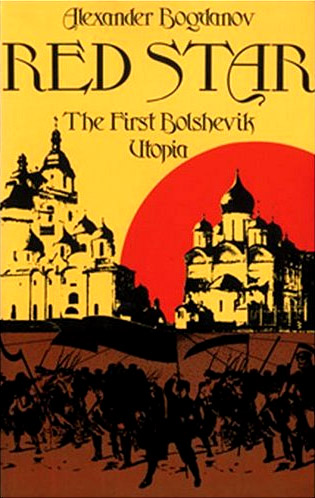Raymond Roussel: Impressions of Africa (1910/2011) & New Impressions of Africa (1932/2011)
Filed under fiction | Tags:


“The novelist, poet and playwright Raymond Roussel (1877-1933) was one of the most original and imaginative authors of the twentieth century, yet he unjustly remains an obscure figure in the pantheon of French literature. During his lifetime he had to pay exorbitantly to have his works published and produced on the stage, and the glory and mainstream popularity that he believed he deserved have continued to elude him after death. But his influence on generations of avant-garde writers and artists has been his lasting legacy. The Surrealists championed his work against hostile and uncomprehending critics, and Marcel Duchamp and Salvador Dalí both testified to his formative impact. At mid-century, Roussel’s influence crossed the Atlantic when the American poets Kenneth Koch and John Ashbery fell under his spell, while in France he was revered as a totemic forbearer by Alain Robbe-Grillet and his noveau roman movement, and by the Oulipo group of experimental novelists founded by Raymond Queneau.
The year 2011 saw the publication of new English translations of two key works should stimulate a revival of his singular oeuvre, Roussel’s first novel Impressions of Africa (1910) and his epic poem New Impressions of Africa (1932). The titles are somewhat deceptive: neither is a conventional traveler’s tale, while the second work bears no outward resemblance to the first and is not a sequel in any normal sense of the word. What they have in common is that they use conventional ideas of Africa as a starting point for audacious literary experiments. But far from being the arid fruit of some Modernist manifesto, they are also generous entertainments, intricate contraptions designed to produce a constant stream of astonishing images and stories.” (based on Joshua Lustig’s review)
Impressions of Africa is set in a mythical African land where some shipwrecked and uniquely talented passengers stage a grand gala to entertain themselves and their captor, the great chieftain Talou. In performance after bizarre performance—starring, among others, a zither-playing worm, a marksman who can peel an egg at fifty yards, a railway car that rolls on calves’ lungs, and fabulous machines that paint, weave, and compose music—Raymond Roussel demonstrates why it is that André Breton termed him “the greatest mesmerizer of modern times.” But even more remarkable than the mindbending events Roussel details—as well as their outlandish, touching, or tawdry backstories—is the principle behind the novel’s genesis, a complex system of puns and double-entendres that anticipated (and helped inspire) such movements as Surrealism and Oulipo. Newly translated and with an introduction by Mark Polizzotti, this edition of Impressions of Africa vividly restores the humor, linguistic legerdemain, and conceptual wonder of Raymond Roussel’s magnum opus.
In 1915, Roussel began writing New Impressions of Africa while serving in the French Army during the First World War and it took him seventeen years to complete. “It is hard to believe the immense amount of time composition of this kind of verse requires,” he later commented. Mysterious, unnerving, hilarious, haunting, both rigorously logical and dizzyingly sublime, it is truly one of the hidden masterpieces of twentieth-century modernism. The bilingual edition of the poem presents the original French text and the English poet Mark Ford’s lucid, idiomatic translation. It also includes an introduction outlining the poem’s peculiar structure and evolution, notes explaining its literary and historical references, and the fifty-nine illustrations anonymously commissioned by Roussel, via a detective agency, from Henri-A. Zo.
Impressions of Africa first appeared as Impressions d’Afrique, 1910
Translated and with an Introduction by Mark Polizzotti
Publisher Dalkey Archive Press, 2011
ISBN 9781564786241
280 pages
New Impressions of Africa was first published as Nouvelles Impressions d’Afrique, 1932
Translated with an introduction and notes by Mark Ford
With illustrations by Henri-A. Zo
Publisher Princeton University Press, 2011
Facing Pages series
ISBN 9780691156033
264 pages
Double review (Joshua Lustig, Open Letters Monthly)
Review of Impressions (Stefanie Sobelle, Words Without Borders)
Publisher (Dalkey Archive)
Publisher (Princeton)
Impressions of Africa (English, 2011, EPUB), Alt link
New Impressions of Africa / Nouvelles Impressions d’Afrique (English/French, 1932/2011, EPUB), Alt link
Andrei Platonov: Chevengur (1972–) [EN, RU]
Filed under fiction | Tags: · communism, utopia

“Platonov‘s epic novel was written in 1927-28, but only small pieces have been published in the USSR, and even the emigre Russian edition is seriously flawed by omissions. The reasons for the censorship are not hard to find. Platonov argued that it was an ‘honest attempt to portray the beginning of Communist society,’ but Maxim Gorky, though one of the first to praise the novel, said it would never pass the censors: ‘I do not think it will be published. Your anarchic cast of mind will prevent this… For all your tenderness towards people, they are always described ironically, turn out to be ‘characters’ or ‘half-wits’.’ Indeed, Platonov describes a bizarre world where the peasants totally refuse to work (because the Revolution means the Golden Age has come), and the Party leaders’ humanistic ideals lead only to inhumanity. Chevengur is a massive series of satirical scenes from Soviet life during the New Economic Policy instituted by Lenin in the 1920s, the story of the efforts of provincial builders of Communism–but in their grotesque Utopia, Cheka murders are the only thing efficiently organized. Chevengur is Platonov’s longest work, his most sustained critique of the philosophical precepts and practical results of the Revolution. It is a novel of overwhelming power.” (from the back cover)
Russian edition
First published in Paris, 1972, without the first part. Reprinted in 1988 in the journal Дружба народов [Druzhba narodov]. In 1988, the publishing house Современник [Sovremennik] released a complete book.
English edition
Translated and with a Foreword by Anthony Olcott
Publisher Ardis Publishers, Ann Arbor, 1978
ISBN 0882333097, 9780882333090
333 pages
Review: Natalia Poltavtseva (Baltic Worlds).
Commentary: Alexander Melikhov (The Telegraph/Russia Now).
Wikipedia-RU
Chevengur (English, 1978, 16 MB)
Чевенгур (Russian, 1988/2006, updated on 2019-12-8)
Alexander Bogdanov: Red Star: The First Bolshevik Utopia (1908–) [FR, EN, DE]
Filed under fiction | Tags: · communism, marxism, proletariat, science fiction, utopia

A communist society on Mars, the Russian revolution, and class struggle on two planets is the subject of this arresting science fiction novel by Alexander Bogdanov (1873–1928), one of the early organizers and prophets of the Russian Bolshevik party. The red star is Mars, but it is also the dream set to paper of the society that could emerge on earth after the dual victory of the socialist and scientific-technical revolutions. While portraying a harmonious and rational socialist society, Bogdanov sketches out the problems that will face industrialized nations, whether socialist or capitalist.
The book also includes Engineer Menni, a historical novel about the social revolution on Mars, first published in 1913, and the poem A Martian Stranded on Earth, first published as a supplement to the second edition of Red Star in 1924, about a Martian who has reached Earth but is unable to return to his native planet. where mankind has attained a superior level of communist civilization.
Edited by Loren R. Graham and Richard Stites
Translated by Charles Rougle
Publisher Indiana University Press, 1984
ISBN 0253173507, 9780253173508
257 pages
Reviews: Andy Cunningham (Socialist Review), Paul Josephson (Technology and Culture).
L’Étoile rouge (French, 1913-14, HTML, added on 2014-3-27)
Red Star (English, trans. Charles Rougle, 1984)
Der rote Planet (German, undated, HTML, added on 2014-3-27)
See Monoskop wiki for further writings of Bogdanov.
Comments (6)
